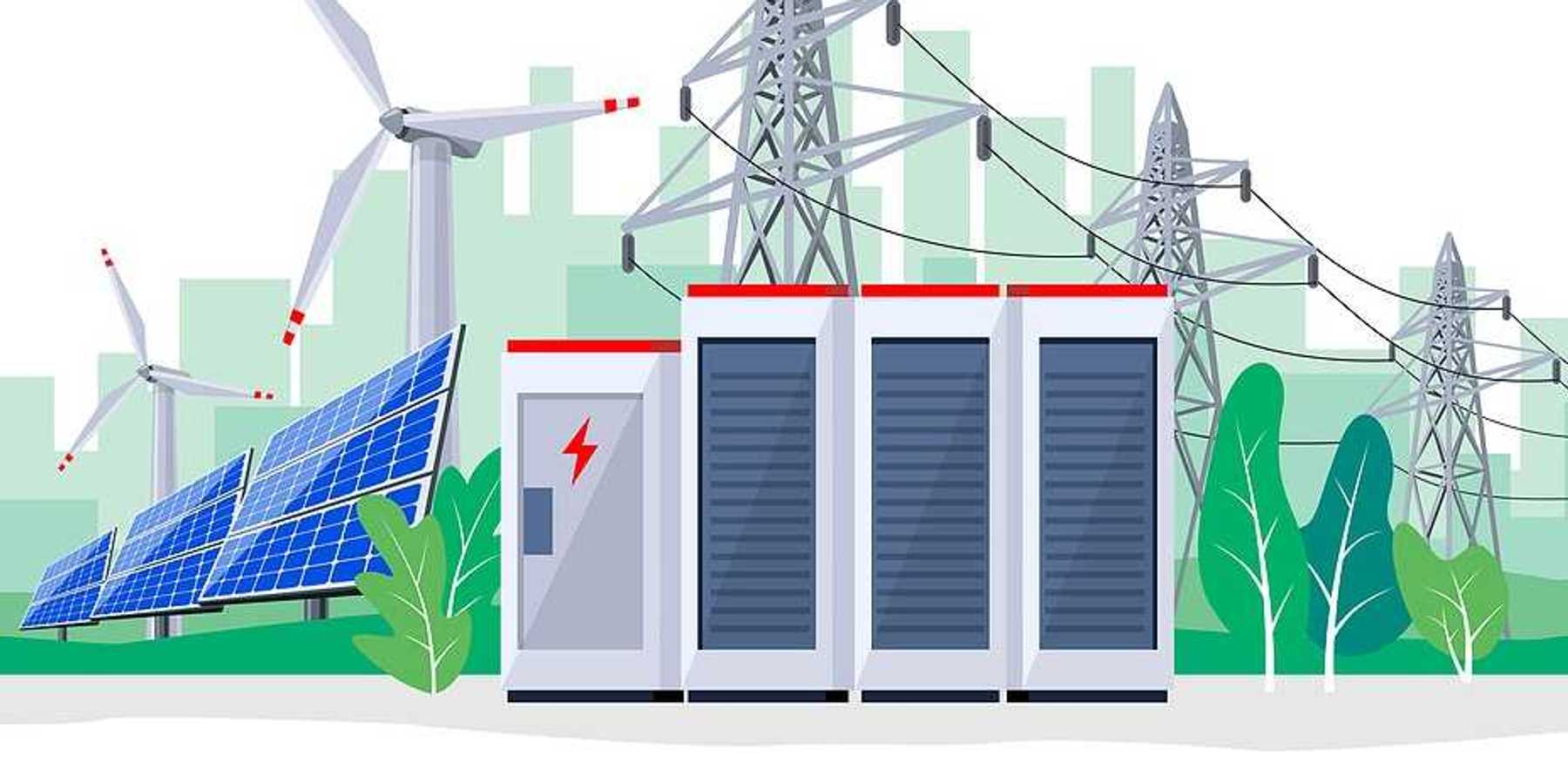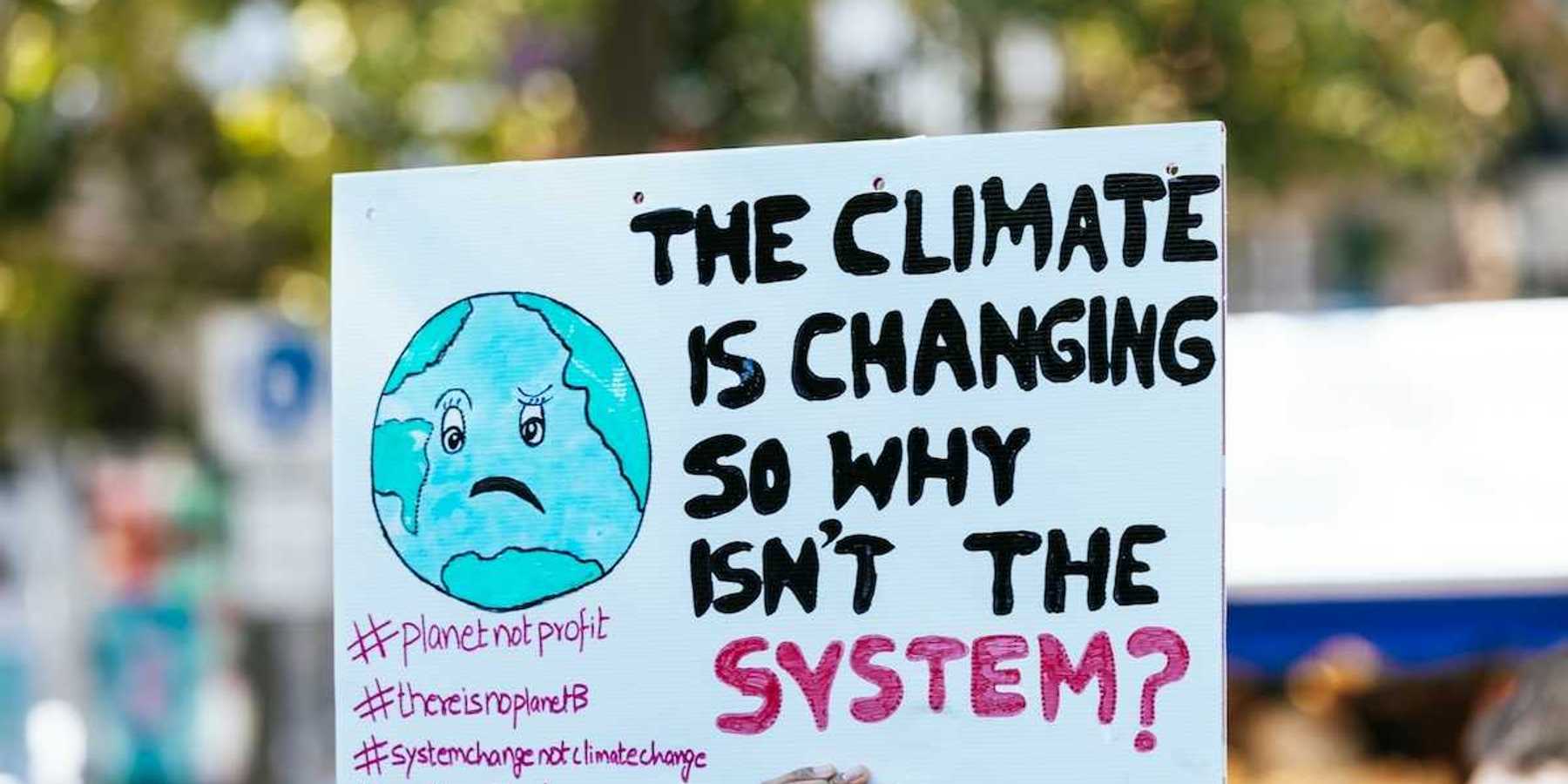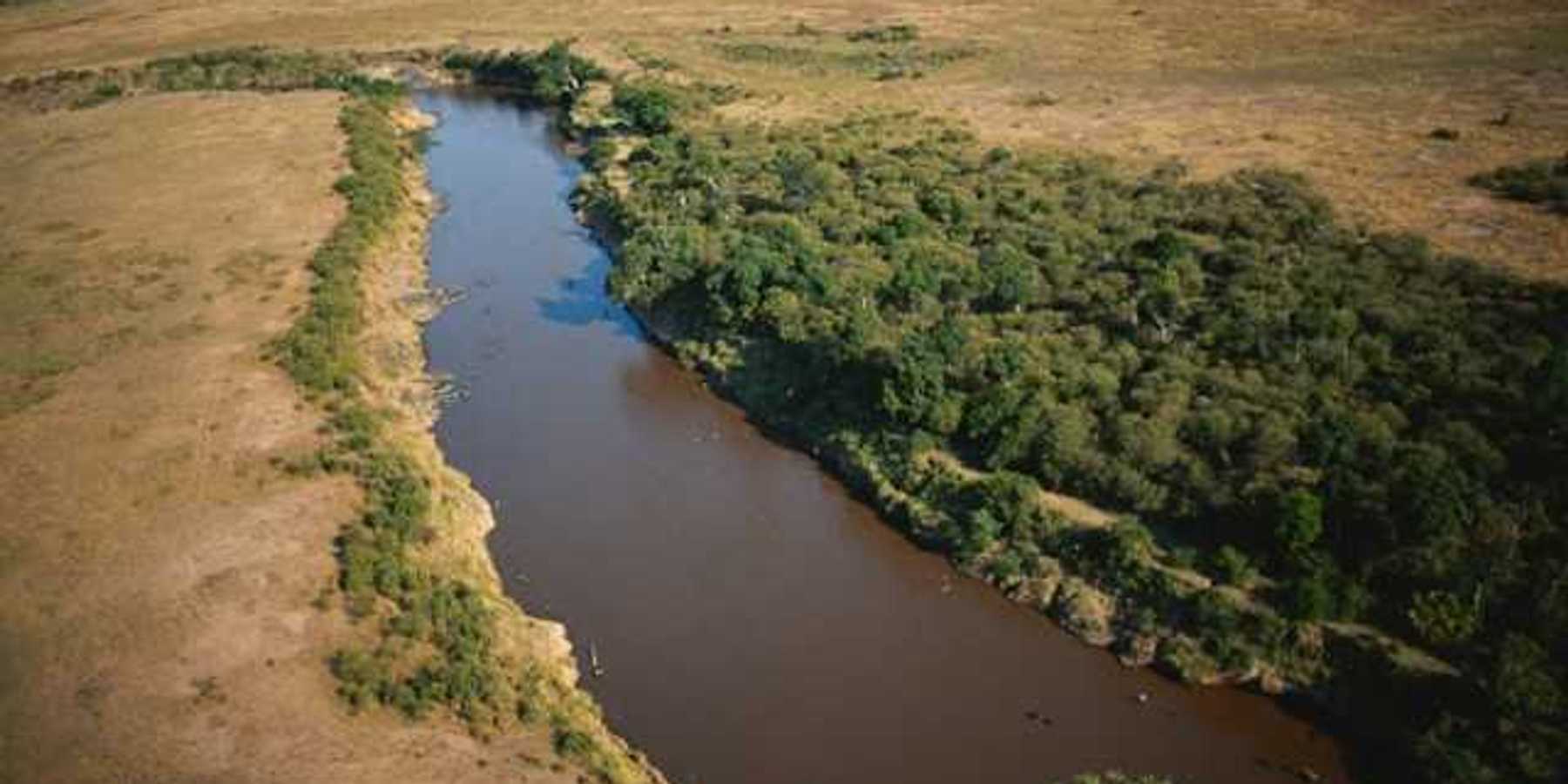Singapore’s proactive approach to water management makes it a global model
Singapore, despite having no natural freshwater sources, has developed a pioneering approach to meet its water needs through desalination, wastewater recycling and rainwater harvesting.
Tim Schauenberg reports for Deutsche Welle.
In short:
- Singapore’s "four national taps" strategy includes imported water, desalination, local catchment and wastewater recycling (NEWater).
- The country collects rainwater over two-thirds of its surface and plans to cover 90% by 2060, using green infrastructure like parks to prevent flooding.
- Singapore has invested in advanced desalination and wastewater treatment, aiming for self-sufficiency by 2061.
Key quote:
“They've educated their community about their water situation, about their water challenges, and about the solutions that they've chosen to push.”
— Peter Gleick, hydrologist and founder of the Pacific Institute
Why this matters:
With climate change increasing water scarcity worldwide, Singapore’s success demonstrates how strategic planning, technology and public education can help ensure water security even in water-stressed regions.
Read more: Scarcity of fresh water intensifies globally due to climate change and poor management













